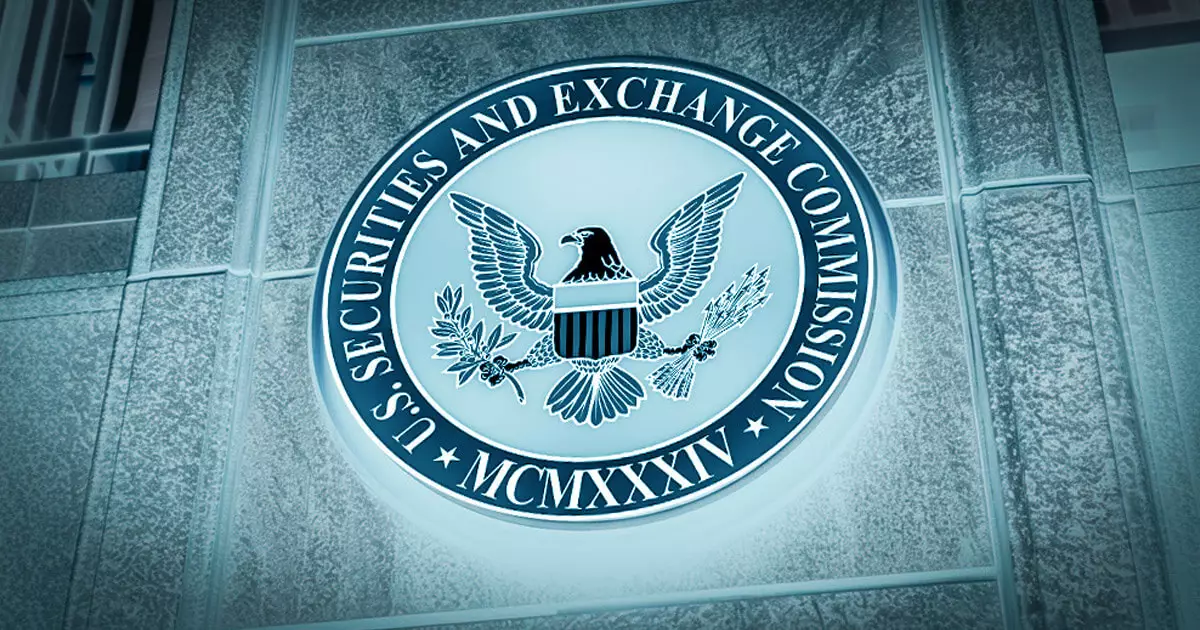The world of decentralized finance (DeFi) has been synonymous with innovation and disruption, promising democratized access to financial services beyond traditional banking systems. However, the recent case of Mango Markets illustrates a stark reality: the regulatory landscape is catching up. On September 27, 2023, the U.S. Securities and Exchange Commission (SEC) announced a settlement with Mango Markets’ decentralized autonomous organization (DAO) and the Blockworks Foundation, cleanly highlighting the tensions between revolutionary technology and existing legal frameworks.
Mango Markets, which suffered a major $100 million exploit in 2022, has attracted increased scrutiny as regulators have begun to flex their muscles in the crypto space. The SEC accused both entities of peddling unregistered securities— a serious allegation that forces the community to question the regulatory compliance exists even in such decentralized structures. The agreed-upon settlement, which entails a payment of $700,000 in civil penalties and the destruction of MNGO tokens, raises critical questions about accountability and governance within blockchain ecosystems.
Settlement Terms: An In-Depth Look
Under the terms of this settlement, both Mango DAO and the Blockworks Foundation have committed to more than just a payment; they have also agreed to take steps to remove their MNGO tokens from crypto exchanges and halt their marketing efforts. This action is seen as a significant retreat for a project that once appeared to be on the frontier of DeFi innovation. What’s particularly notable is that no admission of wrongdoing is required, which reflects the often murky waters of regulatory enforcement in the cryptocurrency domain.
The subsequent community vote by Mango DAO in August 2023 to opt for this settlement may indicate a pragmatic approach from the project’s governance, but it also raises the question of whether decentralized governance can truly maneuver effectively amidst complex regulatory environments.
A Broader Implication for the Crypto Industry
This settlement is not an isolated case; it reflects a broader trend where the SEC is making it abundantly clear that the label of a “DAO” does not grant immunity from existing securities laws. It emphasizes that the use of decentralized technology and smart contracts does not release developers and operators from their legal obligations. Furthermore, the SEC’s statements suggest an intent to continuously enforce clarity in how these organizations operate, especially in light of the rampant exploitation and illicit activities that occasionally plague the crypto space.
In light of this, the $500,000 proposal for a settlement with the Commodity Futures Trading Commission (CFTC) just a month later showcases the urgency with which Mango Markets is navigating its legal hurdles. The amalgamation of these regulatory actions could serve as a warning to other similar entities in the crypto landscape that it is becoming increasingly difficult to operate outside the bounds of traditional financial oversight.
The Mango Markets case epitomizes the growing pains of a sector still in its infancy. As decentralized finance continues to evolve, it must tread carefully amidst a minefield of regulatory expectations. While innovation remains the lifeblood of the crypto industry, the challenge will be to coexist with an increasing demand for regulatory compliance. Projects must learn from Mango Markets’ missteps and proactively engage with regulators if they wish to avoid similar pitfalls in the future. Only time will tell if the decentralized ethos can reconcile with the stringent requirements of existing legal frameworks.

